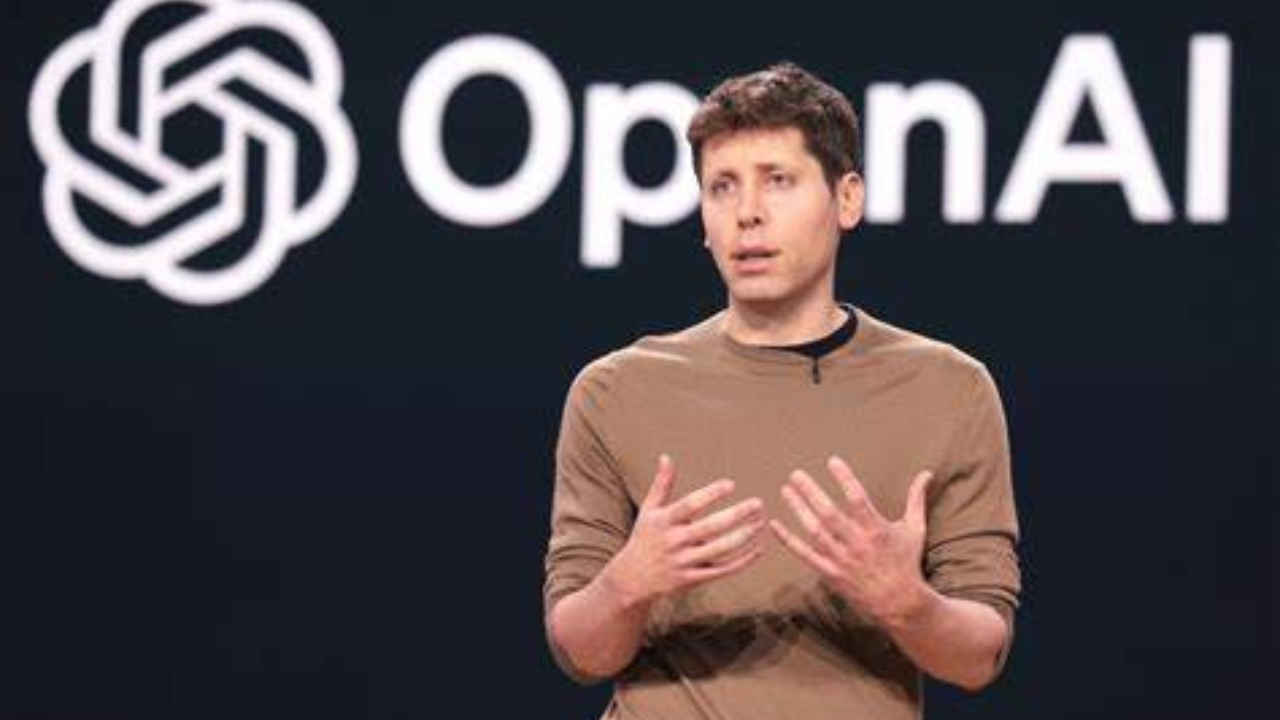
- Home
- Managed Services
- Cyber Security
- Blog
- About Us

We 365 Admin Support, just simplify your IT problems
Call for a free support. +91 96666 59505Platform Partnership
- Who We Help
- Shop
- Contact
- News






HIGHLIGHTS
Table of Contents
ToggleDuring the recent 12 Days of Shipmas event, OpenAI showcased a multitude of innovative tools, but the much-anticipated Media Manager tool was notably absent. This tool was originally revealed seven months ago with the aim of empowering creators by allowing them to determine how their work is used or excluded from AI training datasets. As the conversation around intellectual property (IP) continued to dominate the landscape, there was hope that this tool would offer creators protection against their content being integrated into AI models without consent.
Initially announced in May, the Media Manager was meant to function as an essential resource for creators. The tool would enable individuals to identify their copyrighted materials—ranging from text and images to audio and video—and articulate the specific ways in which these materials should be utilized in OpenAI’s training datasets. This initiative was proposed as a proactive measure to alleviate worries surrounding potential copyright infringements arising from AI-generated content.
However, reports indicate that the development of the Media Manager has been hampered by significant internal delays and a lack of prioritization. As per a TechCrunch article that referenced insider sources, it appears that the Media Manager has not been a central focus for OpenAI, leading to frustration among creators eagerly awaiting its release.
Despite these setbacks, industry insiders consider the Media Manager to be a vital advancement for OpenAI, especially in light of the escalating number of lawsuits from artists, authors, and media organizations concerning content usage. For those unfamiliar with the ongoing situation, these lawsuits assert that OpenAI’s models, including well-known iterations such as ChatGPT and DALL-E, have been trained on copyrighted works without obtaining the requisite permissions.
The company had previously aimed to launch the Media Manager by 2025, but that deadline has now slipped, and no alternative timeline has been provided. As it stands, the Media Manager remains classified as “under development.” In an attempt to provide some level of recourse for creators meanwhile, OpenAI introduced a submission form in September. This form allows artists to flag their content for removal from future training datasets. However, this process has faced significant criticism, primarily because it necessitates an individual submission for each piece of content, coupled with a detailed description.
Experts in the field have expressed concern that the existing solutions are insufficient to effectively tackle the complex issues of intellectual property rights in conjunction with artificial intelligence. Even if the Media Manager is eventually launched, there are fears that it may not fully mitigate the risks of similar legal challenges, leaving publishers, creators, and other stakeholders in a precarious position. Some legal professionals suggest that, even upon its release, the Media Manager may not confer substantial legal protection for OpenAI in the face of ongoing litigation.
As of now, uncertainty looms over the timeline for introducing the Media Manager and the broader measures that might be implemented to address the mounting concerns surrounding intellectual property rights and infringements. Until then, creators remain anxious about the continued use of their content and the legal ramifications that may arise as a result of the evolving AI landscape.